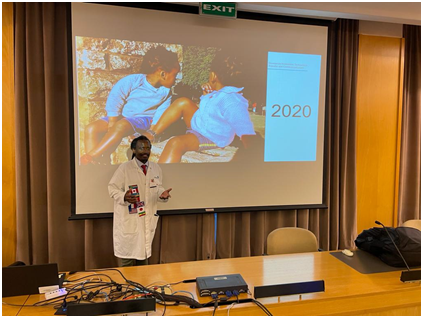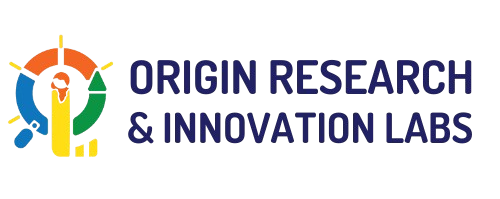ADVANCING ENTREPRENEURSHIP THROUGH EDUCATION
Simplifying Learning, Teaching and Assessment at The Foundation Level While Making It Fun
The importance of the foundation phase of education cannot be gainsaid. However, despite its importance, Mbuso Ngcongo in his research notes that globally, ¾ of a billion adults cannot read, write or count and that 2/3 of a billion children cannot read, write or count despite the fact that they are in school. In his endeavor, to contribute to addressing this challenge from an African context, in 2021 while undertaking his BSc in Computing at UNISA, Ngcongo undertook a literature review on the impact of social challenges in South Africa public education sector for the period 2011-2021. From the research, he observed that digital divide, inequality, poverty, crime, corruption and COVID 19 (DIP3C) had a significant effect on public education in South Africa. Other findings from the study were that criminals had vandalized and looted nearly two thousand public schools over the latter part of the decade and ICT equipment had not been spared. Consequently, this widened the gap between those who can access computing devices and those that cannot. These acts he notes reversed the gains of a democratic dispensation.
In contributing to addressing the illiteracy challenge, Ngcongo seeks to help school going children and educators to reap the benefits of the power of computers without exposing schools to the risks of being targeted by criminals for housing expensive equipment.
The uMbalabala Education toolkit
uMbalabala Educational Toolkit is designed to accelerate learning whilst leaving no African Child behind. This tool kit is for learning, teaching and assessment and is presented in the form of a:
a) BoardGame both printed (uses recycled bottle cups of varied colours) and digital twin which runs on a digital platform (highly improves mathematical aptitude at foundational stage):
b) Workbook- designed and published a book titled “In the beginning of numeracy literacy and coding world”.
c) EduStation- which integrates the concept of computer vision to provide a highly interactive digital platform.
This project value proposition is to provide low cost high-quality education toolkit for the foundation phase of education to enable a gamified learning environment that is highly interactive and inclusive.
The toolkit is a collection of novel methods and apparatus for making learning, teaching and assessment easy. The low-cost, high-quality toolkit, built largely from recycled waste plastic materials, is designed to accelerate learning, to capacitate and prepare learners for the Fourth Industrial Revolution, through the use of inclusive technology. The toolkit forms part of an innovative, integrated, and explorative learning method that makes learning fun, easy, enjoyable, and effective.
As explained by Ngcongo, the construction of the toolkit is informed by many studies confirming that children learn faster through exploring with their senses including hearing, touching, smelling, tasting and seeing. In addition, to enhancing access to education at the foundation level, this project contributes to UN sustainable development goals including SDG4, SDG6, SDG 9, SDG 14 and SDG15. The success of this projects can also be attributed to key benefits accruing from among other things power of a multidisciplinary team and the role of advisory and mentorship teams.
Mr. Mbuso Ngcongo is a BSc in computing final year student at the University of South Africa, and a Certificate of Early Childhood Education. Through the uMbalabala toolkit, the team has received recognition and support from United Nations Economic Commission for Africa (UNECA), Moses Kotane Institute, University of South Africa (UNISA), University of Basel and Cambridge additionally partnered with among others Quality of Life Montessori and City of Johannesburg.
For a feel of the toolkit, kindly log on to


